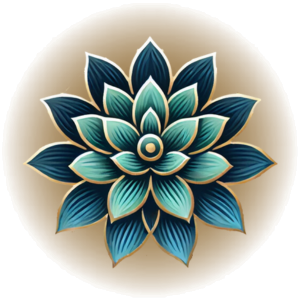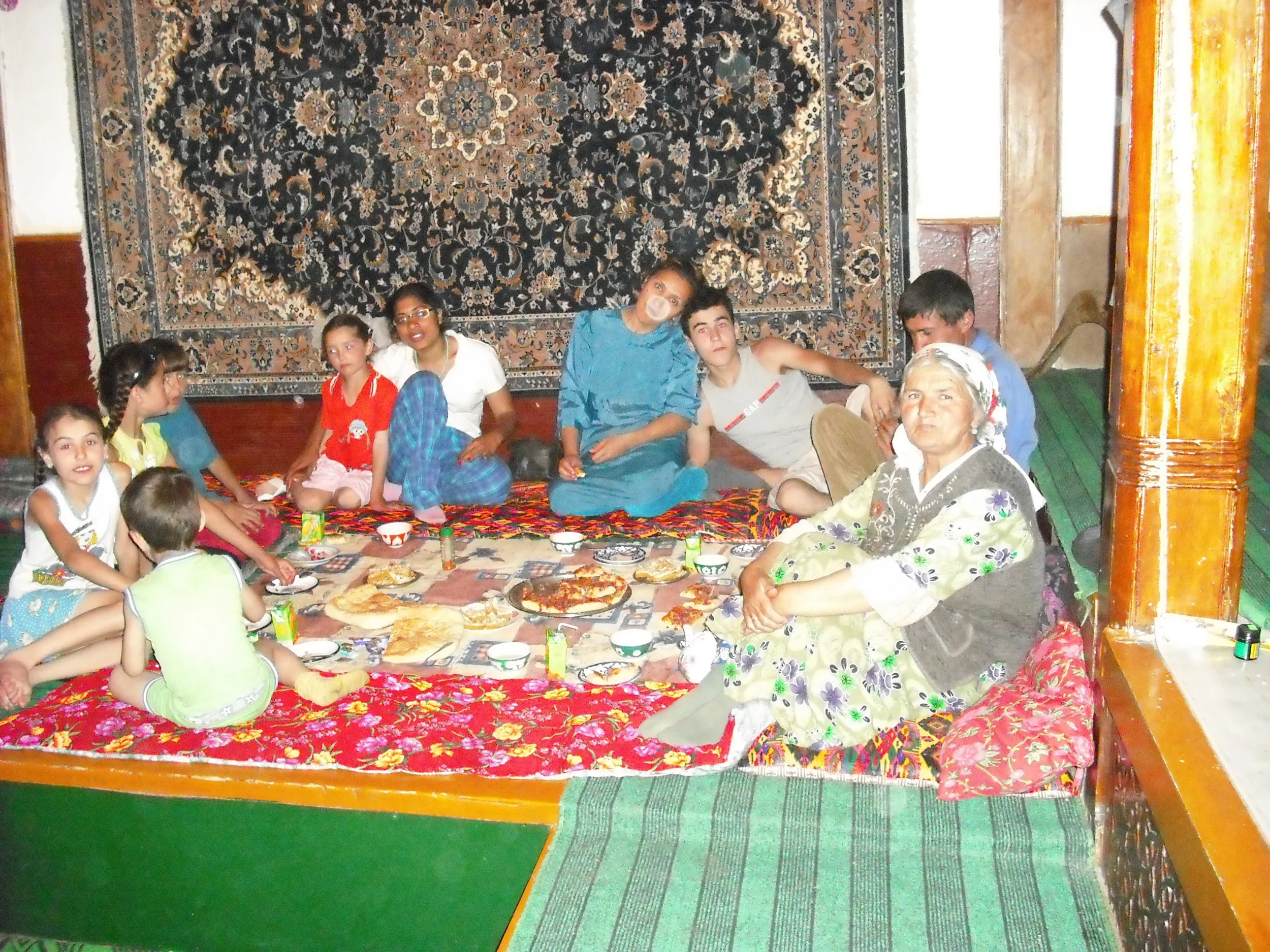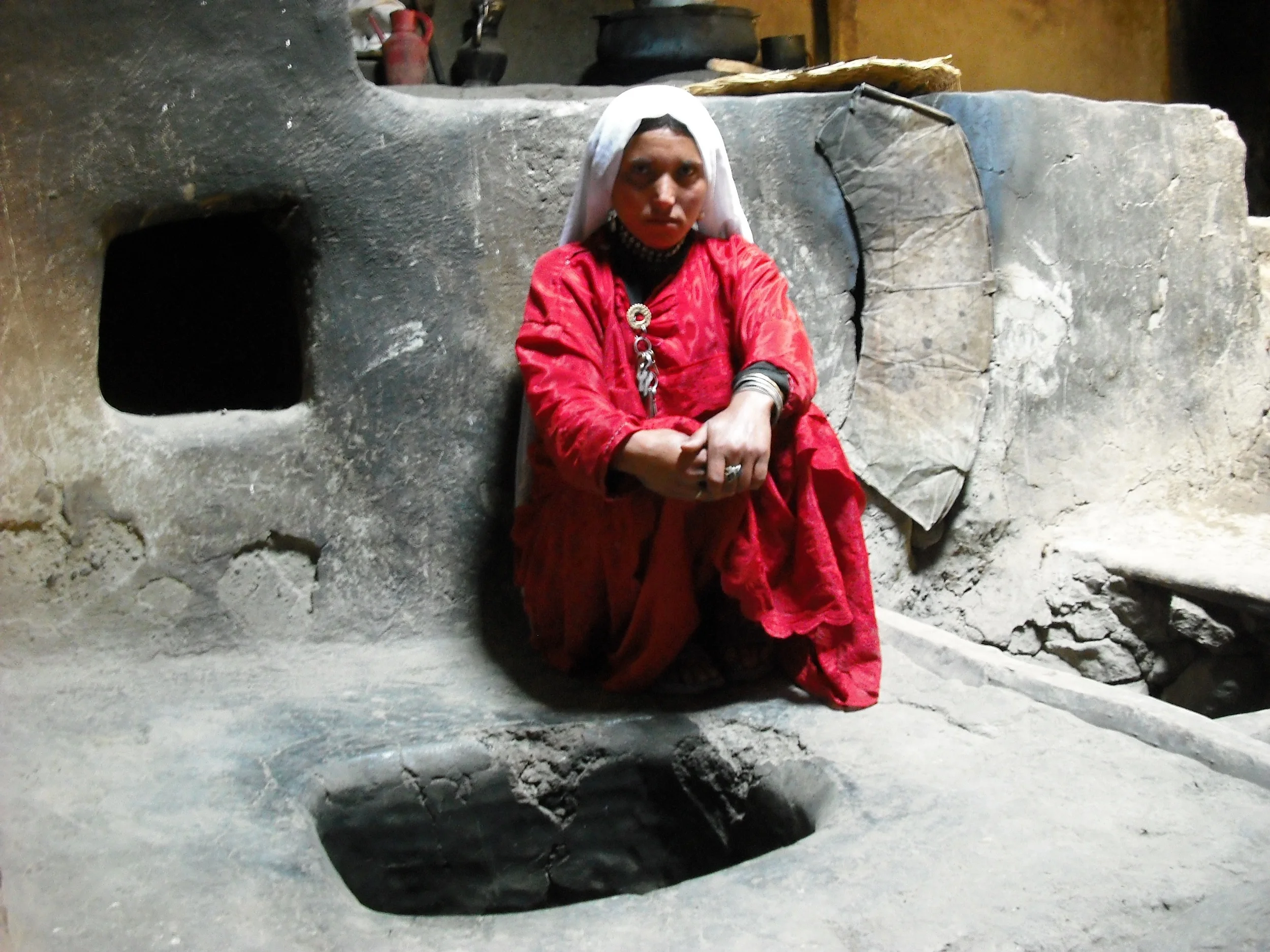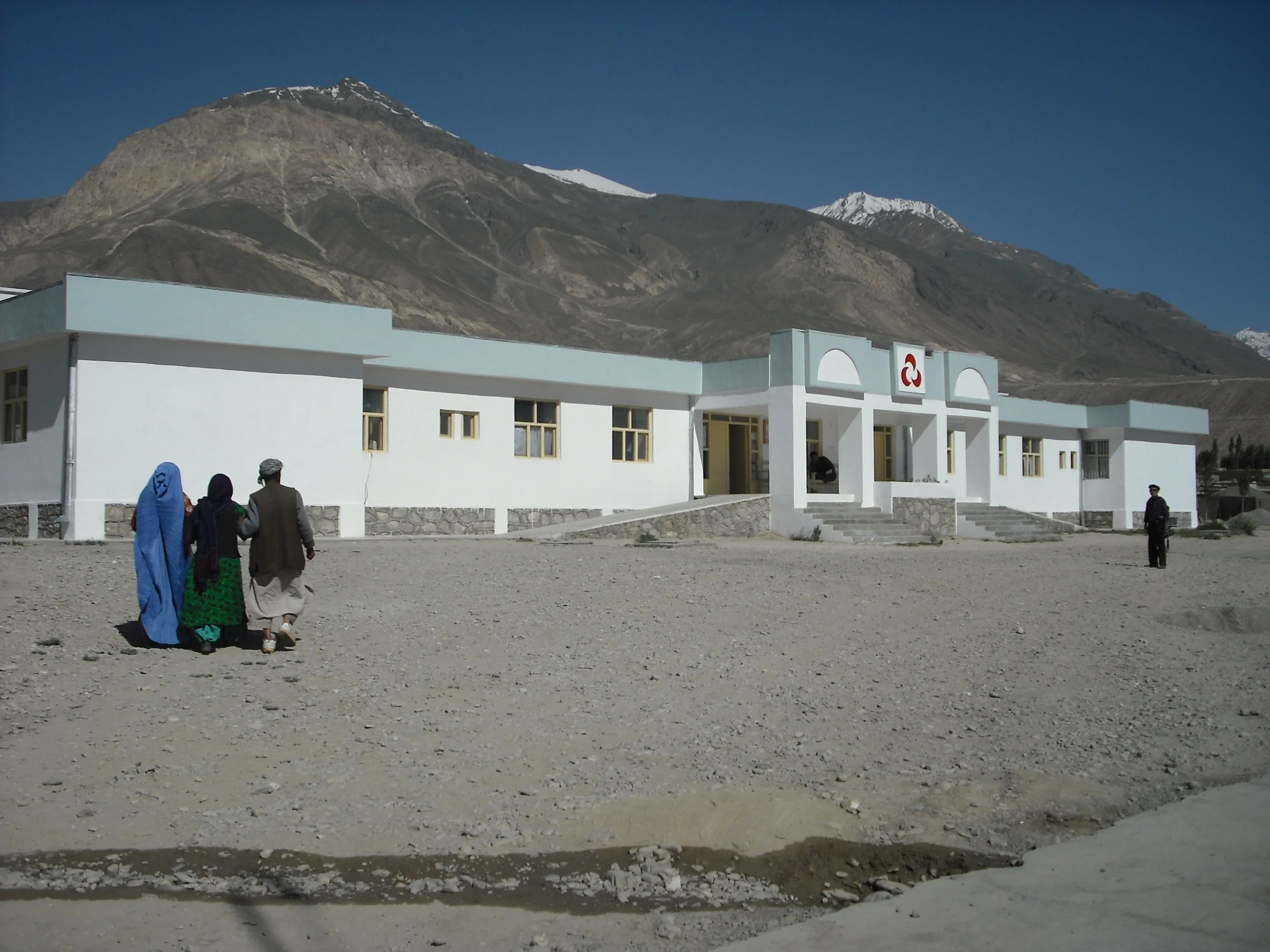Building Bridges: Toward a Global Ismaili Family
As published in The Ismaili, USA magazine. July 2015.
In 2008, I went to live in a small village in Tajikistan in order to conduct research for my Ph.D.
While I had read as many books and articles as I could find about the country’s history and people, I had never been to Tajikistan before. I couldn’t speak the language and had no clear plan of action. All I knew was that I would be there for a year.
Becoming a Spiritual Family
As I explored the country, I encountered Ismaili after Ismaili who, upon establishing our shared religious connection, welcomed me into their homes as their sister. But I quickly realized that while I knew what it meant for me to be an Ismaili in North America, it wasn’t quite the same thing in Tajikistan. Some Tajik practices seemed almost the same as those with which I was raised – just translated into a different language. But there were also instances of profound difference. There were no Jamatkhanas in the district, for instance. And I needed to learn the Tajik way to do all sorts of everyday rituals, like how to sit while praying, greet an elder with respect, and pray after eating a meal.
In their own ways, all of these rituals express our love and respect for our Imam. Given our cultural differences, it made sense that such expressions of devotion would take different forms in different parts of the world. Becoming part of a global Ismaili family required me to become humble enough to accept that there were other – equally valid – ways of being an Ismaili.
Becoming Kin through Work
While being an Ismaili Muslim helped me to bond with our Tajik brethren, it was a shared experience of every day work that truly made us family.
Dr. Shirinbek’s family sit around a traditional dastarkhon (tablecloth) in his home. It is his nephew’s birthday, so there are special treats for all!
Olim, a young man I met in Moscow, suggested I visit his family in the village of Avj and so I did. Olim’s parents, Dr. Shirinbek and his wife, Khadija, invited me to stay with them for the entire year. I accepted. There was something about the family that felt like home. It could have been because Dr. Shirinbek strongly resembled my own Dad. But it was more likely the love and warmth that exuded from the entire household.
As I watched the family go about their daily tasks, I tried to pitch in where I could. Mundane tasks like peeling potatoes and sweeping the floor made me feel like I fit in. Over time, I also learned how to milk a cow, harvest carrots, and swaddle the child who was born the day of my arrival.
As friends and neighbours came to congratulate the family on the new baby girl, I was the one who welcomed them into the home and offered them tea and sweets. Before long, I became known throughout the district as ‘Shirinbek’s daughter’ and I started to call him ‘Daddy’. Our shared values and beliefs, enacted in the everyday through shared experiences, had enabled us to truly become family.
Transnational Kinship
This Afghan Ismaili woman is sitting beside a traditional hearth. Its fire would both warm the house and be used to cook food. Cooking over a fire is difficult and can be dangerous. A number of development initiatives in both Tajikistan and Afghanistan have helped to bring electricity to the villages, enabling families to cook on modern stoves and use electric heaters.
Avj is in Ishkashim, on the river Pyanj that serves as the border with Afghanistan. We can hear the school bell ring on the other side and can see the lights go on and off in their houses. Daddy Shirinbek’s first cousins live in the village we can see; his mother has two sisters who ended up on the Afghan side when the border was enforced in 1936/7. But he had never visited them. Near the end of my year-long stay in Tajikistan, Daddy and I got Afghan visas and crossed over one of the newly built bridges to go meet them.
Daddy Shirinbek and his Afghan relatives shared the same cultural and religious history. But 70 years of living in different countries had also created certain differences in values and practices. I realized that my having spent a year living with Daddy’s family had made me his confidant. Since I now understood the Tajik way of being Ismaili, he turned to me to analyze the different ways of treating women, valuing education and even the different types of food!
The trip taught me that even though blood ties are strong, there are also other ways of becoming family.
Creating a Virtual Family
After leaving Tajikistan, I finished up my Ph.D. and put together a documentary called Bridging the Divide about our trip to Afghanistan. In 2013, I began traveling through Canada, showing the film to Ismailis in Jamatkhanas across the country.
Viewing the film enabled the Jamat to virtually experience – and relate to – life in Tajikistan and Afghanistan. For some, the flourmill reminded them of how their parents used to grind flour in their villages in India. For others, seeing the Aga Khan Health Services clinic in Afghan Badakhshan made them see what exactly their donations over the years have helped to achieve.
The Aga Khan Health Services Clinic in Afghan Badakhshan. In the film, Bridging the Divide, Dr. Shirinbek visits this clinic and is extremely impressed with its technology. Since the making of the film, Dr. Shirinbek has begun to work here; the clinic collects its most difficult surgeries and Dr. Shirinbek periodically travels to Afghan Badakhshan to perform them.
In the film, Daddy Shirinbek calls me a bridge, connecting the Jamats of Tajikistan and North America. As the main character in the film, he too has bridged his way into the homes of American Ismailis.
A Call to Build more Bridges
Building bridges requires work. It requires acknowledging – and embracing – the very divide that we are bridging. We are all brothers and sisters, part of a global Ismaili family. But there is a difference between simply acknowledging our relationship and working hard at being a family. When I lived in Tajikistan, I worked at becoming family by helping out with the chores. For others, ‘working’ at our global Ismaili family takes the form of TKN and service assignments, donations to the AKDN or family vacations to places where our Ismaili brothers and sister live.
But working at strengthening our global family can also take place at home. We can all set out, every day, to build a bridge with someone who is different from us. As we learn about – and embrace – our differences, we might, Inshallah, become the pluralist society to which we aspire.



